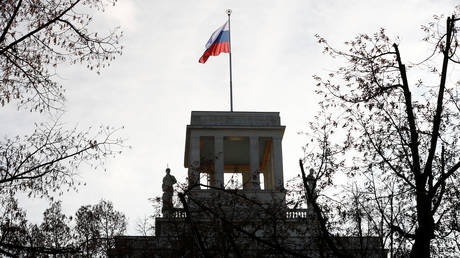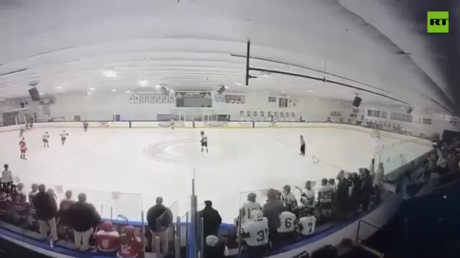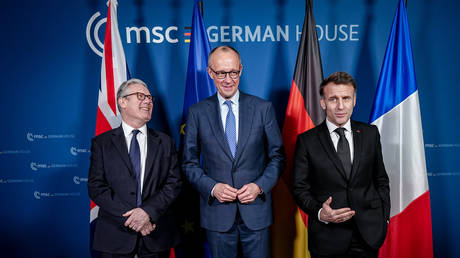
The Russian envoy to Germany, Sergey Nechaev, has blasted Berlin for blaming the murder of a former Chechen insurgent leader on a Russian “state entity”. Such accusations lack proof and only hurt bilateral relations, he said.
“We consider the accusations leveled against the Russian authorities to be baseless and unsupported by evidence,” Nechaev said in a statement, commenting on the latest indictment issued by the German prosecutors in relation to a high-profile murder that took place in Berlin’s Tiergarten Park last August.
A 40-year-old man, Zelimkhan Khangoshvili, was shot by a suspect identified as a Russian citizen, Vadim K. The attacker failed to flee the scene and was arrested after the killing.The charge contains “serious allegations” about the Russian authorities’ involvement in the murder, a German government spokesperson said. The Federal Prosecutor’s Office noted that the victim’s “opposition” to the Russian state might have been a motive behind the murder.
The German Foreign Ministry summoned Nechaev earlier on Thursday to “once again make our stance on the issue clear to the Russian side,” as Foreign Minister Heiko Maas put it. Moscow has repeatedly denied any links to the murder. Politicians and officials in Berlin, meanwhile, are considering using the occasion to slap Moscow with a new round of sanctions.
This has prompted Nechaev to say that Germany’s actions will “not be left unanswered,” should Berlin move beyond words and follow up on its threats. Earlier, Maas told Germany’s dpa news agency that Berlin “reserves the right to take further measures in relation to this case.”
Some German lawmakers were much more blunt in their demands. “As long as top Russian officials shield the perpetrators of the Tiergarten murder, the federal government must not shy away from sanctions. It must also win over our European partners for such a move,” Juergen Hardt, foreign policy coordinator for Chancellor Angela Merkel’s Christian Democrats faction in the Bundestag, told Reuters.
His colleague from the Greens party, Omid Nouripour, also demanded a Europe-wide response, essentially calling for this murder to be turned into the second Salisbury case. “Germany should [push for]a coordinated European response to this massive Russian assault on its sovereignty,” he said. “Like the British after Salisbury, Germany must demand European solidarity against this aggression.”
In the wake of the attempted murder of Sergei Skripal and his daughter, Yulia, in the British city of Salisbury, the United Kingdom and 28 other nations that supported its accusations against Russia expelled a total of 153 Russian diplomats. Moscow repeatedly denied seeking to kill Skripal, a former Russian military intelligence officer, who served a jail term for being a double agent working for Britain.
Khangoshvili was once a prominent militant commander of Islamist forces in the Russian Caucasus region, serving under the infamous terrorist warlord, Shamil Basayev, and the Al-Qaeda mercenaries’ leader, Abu al-Walid. He was involved in several high-profile terrorist attacks in Russia, including the bombing of the Moscow Metro in 2004, which left 41 people dead and some 120 others injured.
A Georgian citizen, Khangoshvili sought asylum in Germany, where he lived under a different name while his asylum request was processed. Russian President Vladimir Putin earlier said that the former militant’s bloodstained past must have caught up with him, but denied Moscow had anything to do with it.
Think your friends would be interested? Share this story!




